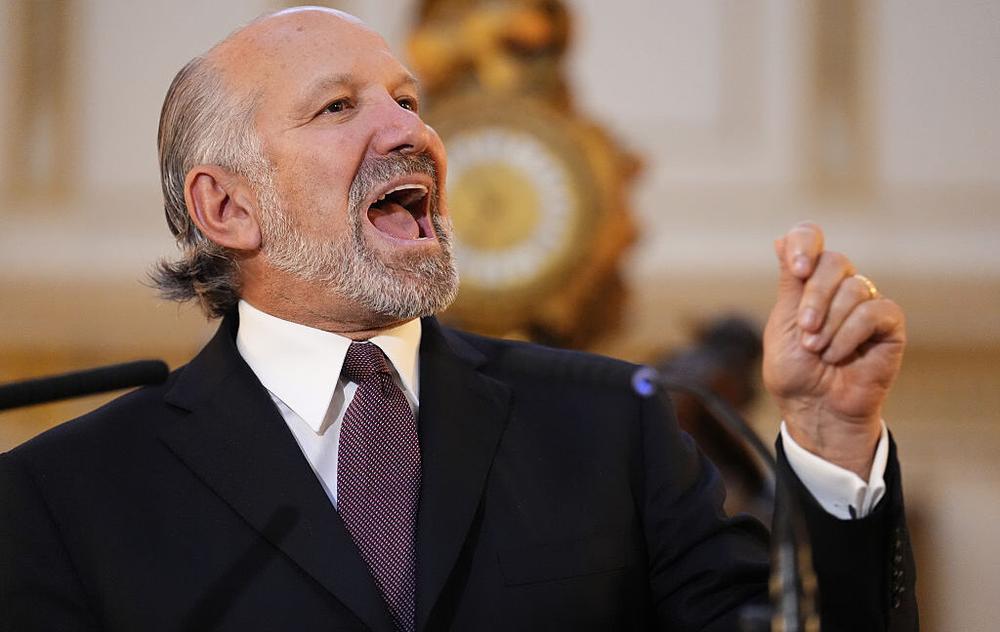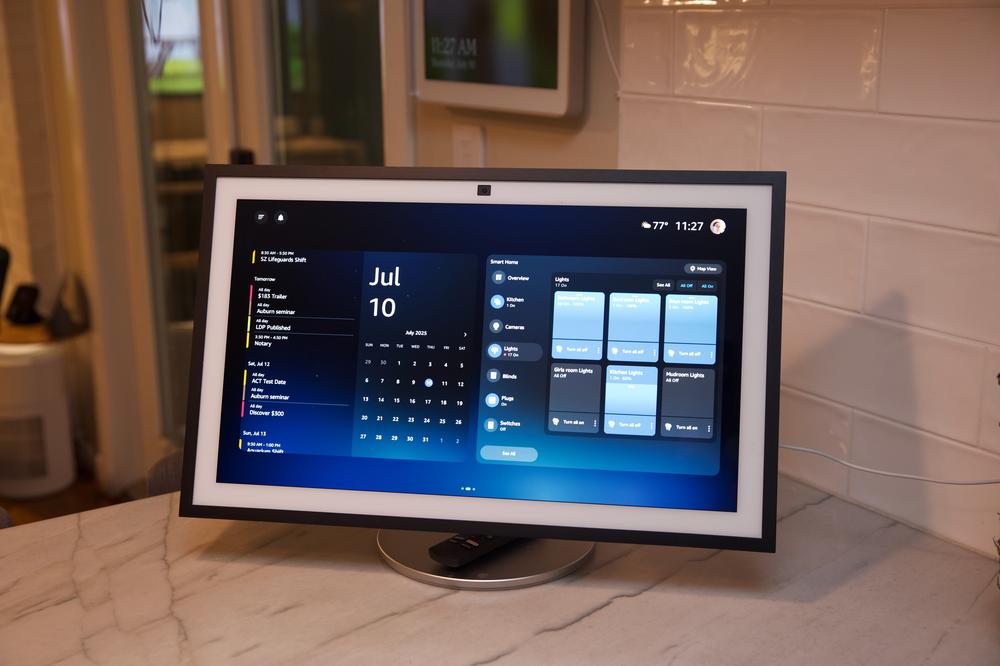The Trump administration is pressuring Taiwan to rapidly move 50 percent of its chip production into the US if it wants ensured protection against a threatened Chinese invasion, US Commerce Secretary Howard Lutnick told NewsNation this weekend.
In the interview, Lutnick noted that Taiwan currently makes about 95 percent of chips used in smartphones and cars, as well as in critical military defense technology. It's bad for the US, Lutnick said, that "95 percent of our chips are made 9,000 miles away," while China is not being "shy" about threats to "take" Taiwan.
Were the US to lose access to Taiwan's supply chain, the US could be defenseless as its economy takes a hit, Lutnick alleged, asking, "How are you going to get the chips here to make your drones, to make your equipment?"
"The model is: if you can't make your own chips, how can you defend yourself, right?" Lutnick argued. That's why he confirmed his "objective" during his time in office is to shift US chip production from 2 percent to 40 percent. To achieve that, he plans to bring Taiwan's "whole supply chain" into the US, a move experts have suggested could take much longer than a single presidential term to accomplish.
Back in 2023, Nvidia CEO Jensen Huang forecast that the US was "somewhere between a decade and two decades away from supply chain independence," emphasizing that “it’s not a really practical thing for a decade or two.”
Deal is “not natural for Taiwan”
Lutnick acknowledged this will be a "herculean" task. "Everybody tells me it's impossible," he said.
To start with, Taiwan must be convinced that it's not getting a raw deal, he noted, explaining that it's "not natural for Taiwan" to mull a future where it cedes its dominant role as a global chip supplier, as well as the long-running protections it receives from allies that comes with it.
"What's natural for Taiwan is we produce 95 percent" and "we feel great about it," Lutnick said, conceding that "you can imagine when someone has 95 percent, convincing them that they should only have 50 percent. That's a lot" to lose.
But "Donald Trump would say it's not healthy for you or healthy for us because we protect you, and for us to protect you," then "you need to help us achieve… reasonable self-sufficiency," Lutnick argued.
To close the deal with Taiwan, Lutnick suggested that the US would offer "some kind of security guarantee" so that "they can expect" that moving their supply chain into the US won't eliminate Taiwan's so-called "silicon shield," where countries like the US are willing to protect Taiwan because "we need their silicon, their chips, so badly."
According to Lutnick, Taiwan can also be assured through the deal that the US will remain "fundamentally reliant" upon Taiwan, as the producer of the other 50 percent of chips.
However, he also claimed that if the US acquired 50 percent market share, it would ensure that the US has "the semiconductors we need for American consumption," emphasizing that the move is intended to decrease reliance on Taiwan. Lutnick also went on in the interview to explain how US workers would benefit from moving Taiwan's supply chain into the US, saying that another major focus of his time in office will be training workers to help the domestic semiconductor industry flourish.
"I think it will shock everybody how successful we are," Lutnick said.
The Taiwan Semiconductor Manufacturing Company (TSMC), along with "its giant ecosystem of suppliers," Bloomberg noted, "together make and supply the vast majority of the world’s most advanced chips."
Earlier this year, TSMC committed to investing $100 billion in chip manufacturing plants in the US in an effort to appease Trump. Production of its most advanced chips remained in Taiwan, however, as TSMC has for years claimed that talent in the US is insufficient, bringing in overseas workers and fueling tensions with US workers, who accusing TSMC of undercutting US unions.

 One Battle After Another Is Now Available To Preorder on 4K and Blu-ray
One Battle After Another Is Now Available To Preorder on 4K and Blu-ray